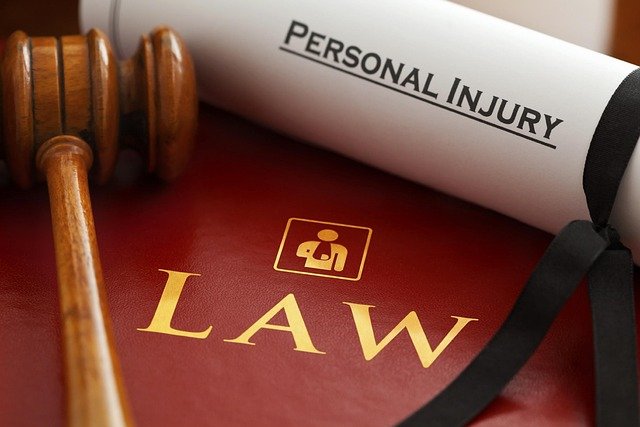Navigating Family Law with Pro Bono Legal Aid: Essential Information
Family law matters can be emotionally and financially challenging, but pro bono legal aid offers vital support to those who cannot afford private representation. Understanding how to access and utilize these free legal services can make a significant difference in resolving family law issues effectively while managing limited resources.

What Is Pro Bono Legal Aid for Family Law?
Pro bono legal assistance refers to free legal services provided by attorneys and legal organizations to individuals who meet specific income requirements. In family law, these services typically cover divorce proceedings, child custody disputes, domestic violence cases, adoption matters, and other family-related legal issues. Legal aid organizations carefully screen applicants to ensure services reach those most in need.
How to Qualify for Free Family Law Services
Eligibility for family law legal aid generally depends on several factors:
-
Income level (usually below 125% of federal poverty guidelines)
-
Family size and composition
-
Nature of the legal issue
-
Geographic location and available resources
-
Immigration status (varies by organization)
-
Asset limitations
Where to Find Pro Bono Legal Resources
Several organizations provide access to free legal services:
-
Legal Services Corporation (LSC) funded programs
-
State and local bar associations
-
Law school clinical programs
-
Nonprofit legal aid organizations
-
Court-based self-help centers
-
Domestic violence advocacy groups
What Services Do Legal Aid Organizations Provide?
Family law resources through pro bono assistance typically include:
-
Legal consultation and advice
-
Document preparation and review
-
Court representation
-
Mediation services
-
Legal workshops and seminars
-
Self-help materials and guides
-
Referrals to other support services
Understanding the Limitations of Pro Bono Assistance
While pro bono legal aid provides valuable support, it’s important to understand its constraints:
-
Limited availability and long waiting lists
-
Prioritization of emergency cases
-
Restricted scope of services
-
Geographic limitations
-
Income qualification requirements
-
Time restrictions on attorney assistance
Available Legal Aid Organizations and Services
| Organization Type | Services Offered | Typical Wait Time |
|---|---|---|
| LSC-Funded Programs | Full representation, advice | 2-4 weeks |
| Bar Association Clinics | Limited advice, referrals | 1-2 weeks |
| Law School Clinics | Supervised representation | 3-6 weeks |
| Nonprofit Legal Centers | Varied services, workshops | 1-3 weeks |
| Court Self-Help Centers | Forms, guidance | Same day |
Note: Wait times and service availability may vary significantly by location and current demand. Independent research is advised before seeking assistance.
The availability of pro bono legal aid has become increasingly important as family law matters grow more complex. While these services may have limitations, they provide essential support to individuals who would otherwise navigate the legal system alone. Understanding the application process, qualification requirements, and available resources helps ensure the best possible outcome when seeking family law assistance through pro bono programs.




